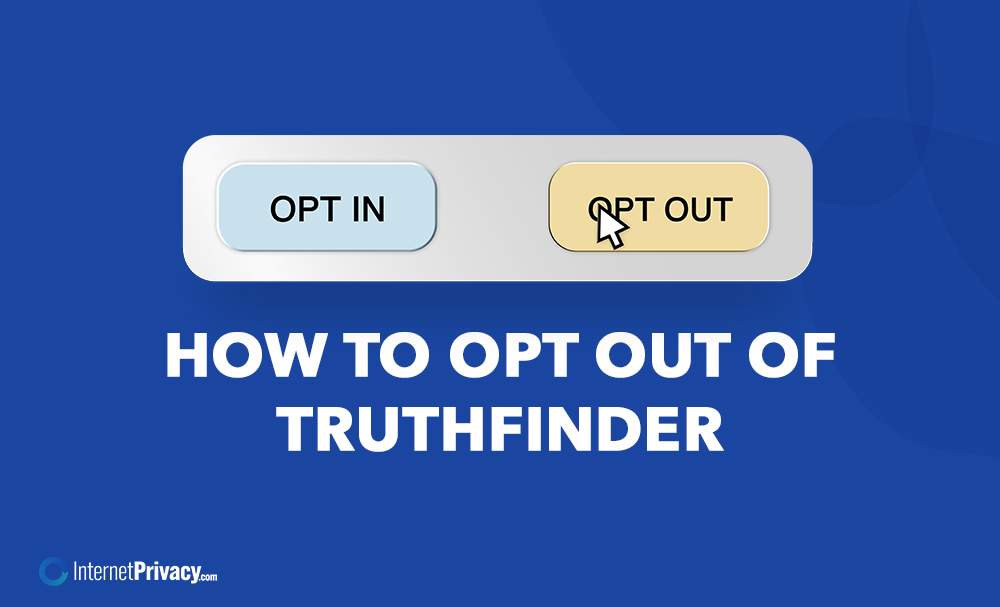Why People Search Profiles Often Rank Higher Than Your Own Website

You’ve probably noticed it: you Google your name or business, and a people search profile, not your website, appears at the top of the results. Frustrating? Definitely. Confusing? Absolutely—especially if you’ve invested time and money into building a site with all your details.
So why does this happen? More importantly, how can you regain control of your online presence?
What Are People Search Profiles?
People search profiles are webpages that collect and display public records and personal information about a person. These profiles are hosted on high-authority sites aggregating data from hundreds of specialized sources. They often include:
- Contact information like your phone number and address
- Social media profiles
- Background report details, including criminal records, civil judgment filings, traffic records, and location history
- Employment history and age
- Relatives and family members
These sites claim to help you find a long-lost friend, reconnect with old friends, or protect your family by running background checks. While there are benefits, privacy concerns are very real, especially when information gathered without context gets pushed to the top of search engine results.
Why Do Search Profiles Rank Higher Than Your Website?
There’s a reason people search platforms often show up before your actual site: they play the SEO game exceptionally well.
1. High Domain Authority
These sites—often operating as a consumer reporting agency or background check service—have been online for years. Search engines trust them. Their technical SEO is flawless, and they publish massive amounts of content optimized for every possible name, city, or age variation.
2. Fresh and Engaging Content
People search platforms constantly scour data and update their reports. This tells the algorithm they’re active, relevant, and valuable sources of information. Your website might sit untouched for months, which doesn’t help your case.
3. Comprehensive Reports in One Location
Each profile is packed with keywords and info. Even if a person has never used the site, the page still pulls in public records, social media accounts, location, employment history, and more—all in one easy-to-understand report. That’s hard to beat.
What Do These Profiles Offer (and Why People Use Them)?
For users, these search profiles are fast and simple. Just enter a name, city, or phone number into the search tool, and within seconds, you can:
- Discover current and past addresses
- View social media profiles and location history
- Learn about civil judgments or criminal records
- Access contact information and even age or relatives
Some services even allow users to enjoy unlimited searches through a subscription model. While they promise secure connection and customer privacy, the data can still be unsettling if you’re being searched.
The Problem with Public Records at the Top of Search Results
There’s a reason privacy experts warn about these platforms. While some details are public records, others—like social media accounts or family connections—feel invasive when served up without context. Once indexed by a search engine, this information becomes a top-ranking source, even if it’s incomplete or inaccurate.
This becomes especially problematic when these profiles provide consumer reports for things like housing or employment without proper vetting, which may violate the Fair Credit Reporting Act (FCRA) standards.
How to Take Back Control of Your Search Results
You can’t stop people search sites from existing, but you can take steps to reduce their dominance and improve your visibility.
1. Build a Strong Personal Website
Optimize your site with your name or brand as the primary keyword. Include bio, work history, services, contact info, and social media links. Keep it updated. A site with accurate, relevant content can compete.
2. Create or Update Public-Facing Profiles
If you don’t have a LinkedIn profile, make one. Add your job title, education, and work history. Google ranks LinkedIn pages highly because they offer a clean, structured snapshot of a person’s career.
3. Remove or Suppress Unwanted Profiles
Many services allow you to request data removal. It takes time, but reducing the number of indexed profiles will help your site stand out. You can also use services that help suppress negative or outdated report results.
4. Stay Active Online
Start a blog. Post regularly. Create YouTube content. Use internal links and reference your name or brand naturally. The more valuable information you publish, the more chances you have to outrank these background report pages.
5. Run Regular Searches on Yourself
Be your watchdog. Set up alerts or run searches monthly. Know what’s showing up, and act fast if something new appears. Staying informed is your best defense.
Why This Matters
The information gathered from specialized sources and bundled into a profile can shape public perception before someone contacts you. Whether you’re a job seeker, business owner, or someone trying to protect your family, understanding how people search sites work helps you stay ahead.
Taking back control of your online presence isn’t just about visibility. It’s about accuracy, trust, and protecting the story that shows up when people search your name.
Because when the first thing someone finds is a cluttered report full of outdated or irrelevant details, that says more about the system than it does about you.





